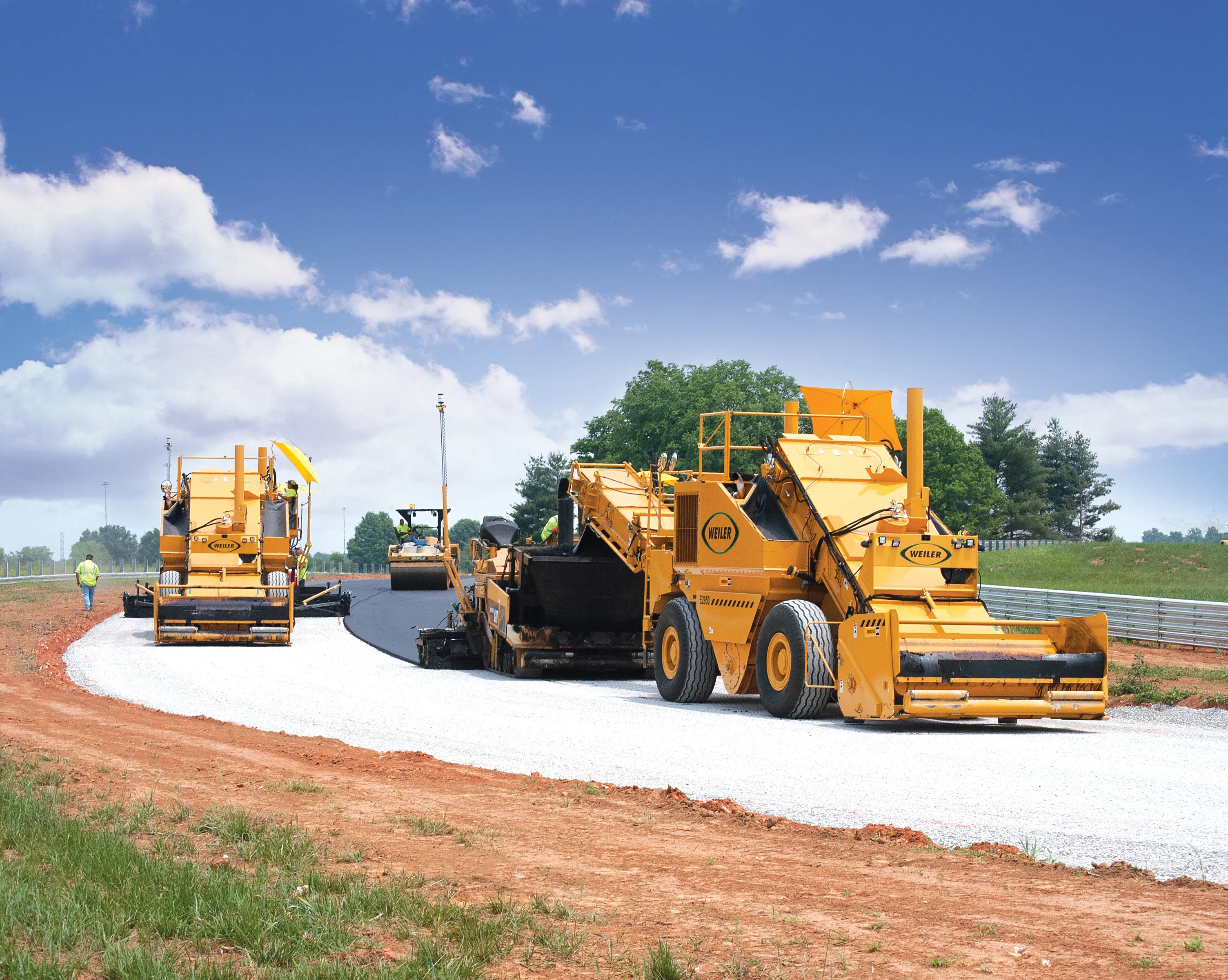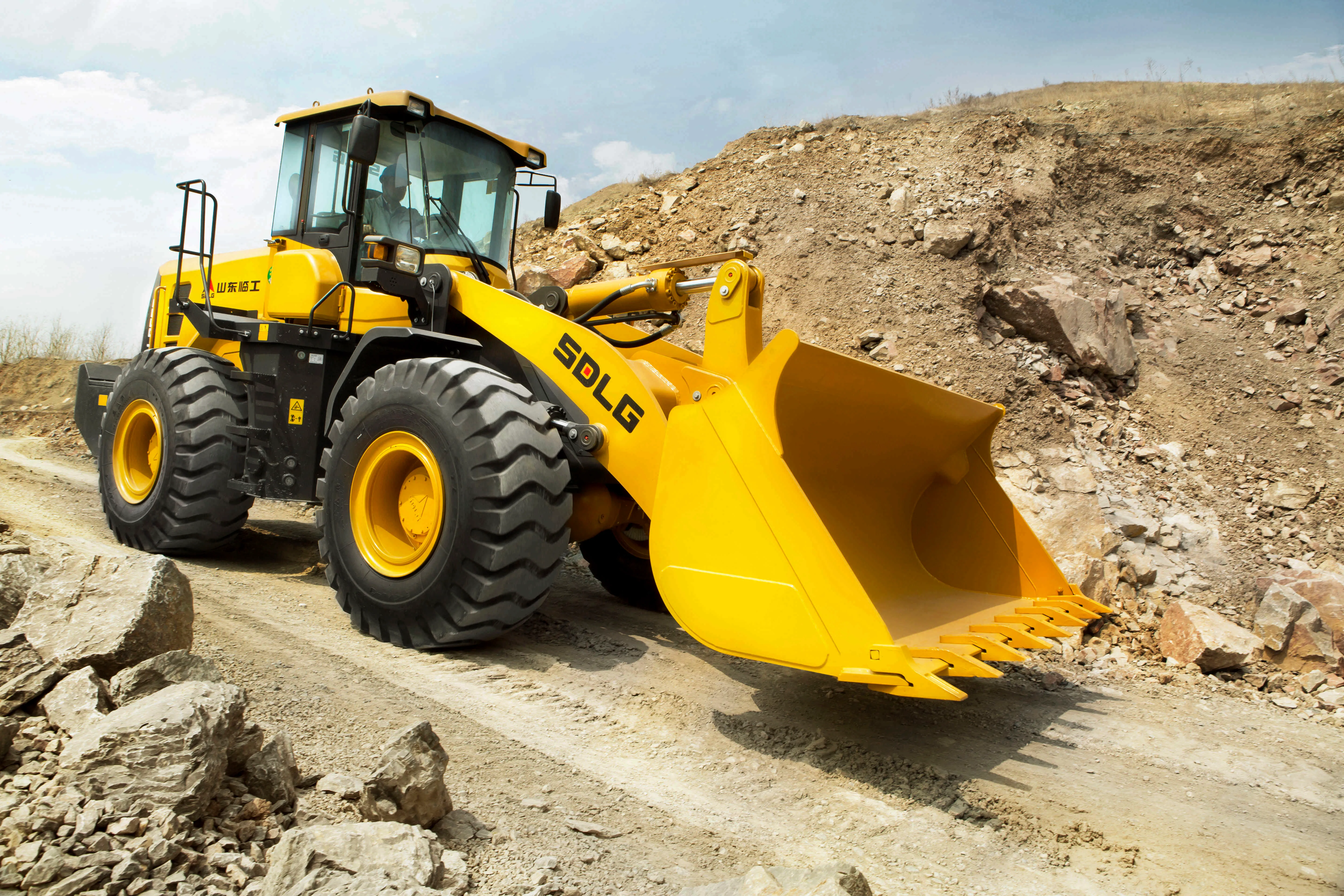Auction firm Ritchie Bros says that it is now one of the world's largest online retailers, with Internet sales of equipment surpassing US$1 billion/year.
March 2, 2012
Read time: 2 mins
Auction firm 318 Ritchie Bros says that it is now one of the world’s largest online retailers, with Internet sales of equipment surpassing US$1 billion/year. The firm has announced that its online sales of heavy equipment and trucks exceeded US$1 billion for 2011 alone.
The company introduced its real-time online bidding service in 2002 and has now sold over $5 billion worth of machines over the Internet since that time. According to the firm, 50% of its sales are now made following online bidding, a process that has made it easier for Ritchie Bros to sell equipment worldwide.
So far in 2011, the firm says it has attracted more than 190,000 online bidder registrations from people in 118 countries. Ritchie Bros recently carried out three separate heavy equipment auctions at its auction sites in Atlanta, Georgia and Albuquerque, New Mexico, USA and Edmonton, Alberta, Canada—with bidding on-site and online. An online bidder purchased the lot that resulted in the $1 billion milestone—a 20051222 Terex TA30 6x6 articulated dump truck sold for $91,700 (C$92,500) in Edmonton. At the time of this release, more than 4,300 on-site and online bidders from 30 countries had registered to bid in the Atlanta, Albuquerque and Edmonton auctions—including online bidders from as far away as Chile, Indonesia and the United Arab Emirates. Todd Halina, vice president, construction for 3559 Chemco Electrical in Edmonton was the online bidder that purchased the lot that resulted in the $1 billion milestone.
"I wasn't able to go in person to the site today for the auction, so it was really handy to be able to bid right from my office," Halina explained. "I've purchased items online from Ritchie Bros auctions sight unseen before. And now that there is all of the Detailed Equipment Information on the web site it makes it that much better."
Usage of the service has grown steadily since it was launched in 2002, when online bidders at Ritchie Bros auctions purchased about $82 million of equipment. Recent enhancements have added to its global appeal. In April 2010, Ritchie Bros. introduced online bidding in an additional six languages. In July 2011, Ritchie Bros introduced detailed equipment information in 21 languages on the website, giving customers the ability to do a virtual equipment inspection before bidding online or on-site. Ritchie Bros has sold 312,600 items to online bidders since 2002, including a $1.6 million crane in Boston, MA on June 6, 2009.
The company introduced its real-time online bidding service in 2002 and has now sold over $5 billion worth of machines over the Internet since that time. According to the firm, 50% of its sales are now made following online bidding, a process that has made it easier for Ritchie Bros to sell equipment worldwide.
So far in 2011, the firm says it has attracted more than 190,000 online bidder registrations from people in 118 countries. Ritchie Bros recently carried out three separate heavy equipment auctions at its auction sites in Atlanta, Georgia and Albuquerque, New Mexico, USA and Edmonton, Alberta, Canada—with bidding on-site and online. An online bidder purchased the lot that resulted in the $1 billion milestone—a 2005
"I wasn't able to go in person to the site today for the auction, so it was really handy to be able to bid right from my office," Halina explained. "I've purchased items online from Ritchie Bros auctions sight unseen before. And now that there is all of the Detailed Equipment Information on the web site it makes it that much better."
Usage of the service has grown steadily since it was launched in 2002, when online bidders at Ritchie Bros auctions purchased about $82 million of equipment. Recent enhancements have added to its global appeal. In April 2010, Ritchie Bros. introduced online bidding in an additional six languages. In July 2011, Ritchie Bros introduced detailed equipment information in 21 languages on the website, giving customers the ability to do a virtual equipment inspection before bidding online or on-site. Ritchie Bros has sold 312,600 items to online bidders since 2002, including a $1.6 million crane in Boston, MA on June 6, 2009.








